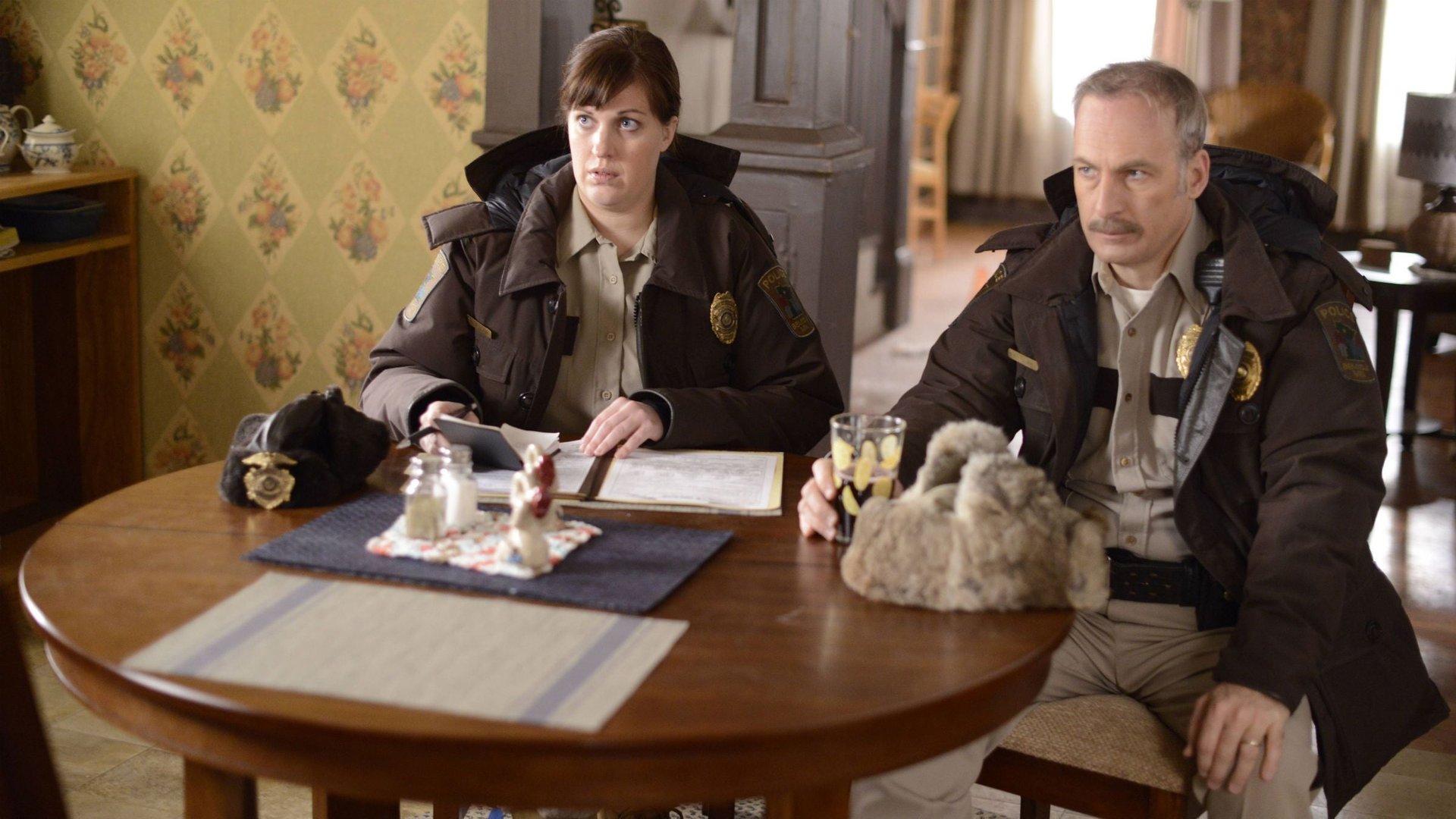The television miniseries is back (under a new name)
Miniseries have never been more popular. Just don’t call them that.


Miniseries have never been more popular. Just don’t call them that.
The genre is having a renaissance in the United States: HBO’s True Detective and FX’s Fargo aired to great acclaim this year; CBS will roll out Under the Dome and Extant, starring Halle Berry, in the coming weeks; Fox, ABC, and NBC all have scheduled their own for next season.
But nobody calls these shows ”miniseries,” anymore. Instead, the networks have embraced terms like “limited series” and “event series” to describe programs with a predetermined end or cast that changes from season to season.
So what’s the difference? Not even the people running the networks can answer that one. “I don’t know,” NBC Entertainment president Robert Greenblatt admitted to reporters at the Television Critics Association’s press tour in January.
“It’s a genre that has kind of gone out of our sort of vocabulary for a long time because we stopped doing them,” said Greenblatt. “I think we use the word miniseries when something is closed-ended and can’t continue.…I don’t know what a limited series is.”
And why has the term “miniseries” become so verboten? “I don’t think it’s that it’s a bad word, it just reflects the evolution in our business,” Nina Tassler, the chair of CBS Entertainment, tells Quartz. “Under the Dome is a limited series because it’s shorter than the traditional 22-24 episode order. And we like the word ‘event’ in that, because you have to promote it in a way that goes above and beyond your requisite promotional model.”
Left unspoken is that ”miniseries” is seen as a musty, antiquated term that conjures up sprawling epics of the 1980s, like The Winds of War and North and South, which were enormous successes at the time but wouldn’t appeal to modern audiences.
Under the new terminology, “limited series” mostly refers to programs with a short run of 10 to 15 episodes, which is more typical of cable than broadcast TV. If they prove successful, the show could be renewed for another “limited” season, as happened with Under the Dome.
“Event series” is more of a catch-all term meant to add marketing oomph to a show. Fox is using the designation for 24: Live Another Day and its upcoming soap opera Wayward Pines.
There’s also the less common but more accurate “anthology series,” which describes shows like True Detective and American Horror Story: They present a story with a beginning, middle, and end—and then reboot the following season with an entirely new plot, setting, and characters. Fargo, which ends tonight, could become an anthology series if FX decides to renew the show.
While the networks can’t agree on what to call these shows, they have figured out something much more essential: how to make money off them. CBS produced Under the Dome and Extant in-house at CBS Television Studios, instead of buying them from an outside studio, and they also sold off streaming rights (to Amazon Prime, which streams them just days after they air on CBS) and international rights. Sometimes both agreements are struck simultaneously, like Extant’s deal to premiere on Amazon Prime in the UK.
“We talk about it not dissimilar to how the independent film market works, where you identify a property that you love, and then you figure out all the different sort of ways that you can monetize it,” said CBS’s Tassler. “And you pull together all of the funds and you’re able to finance your project.”
Ultimately, the networks don’t care what they’re called—limited series, event series, miniseries, or otherwise—as long as they can also call them hits.